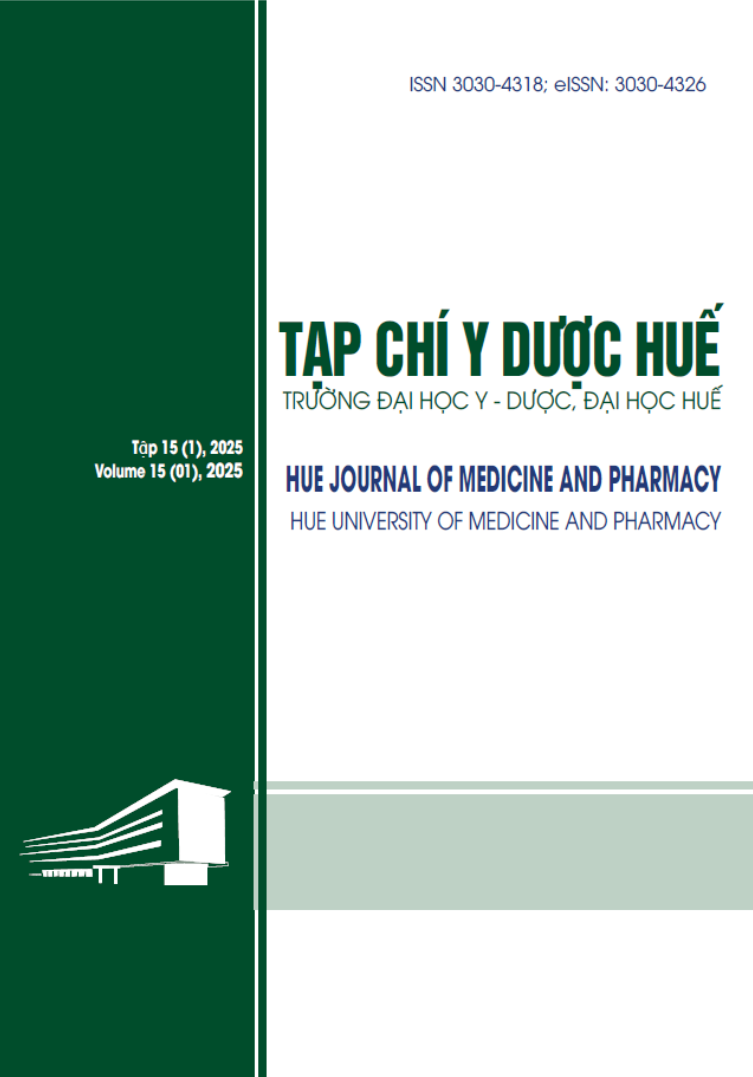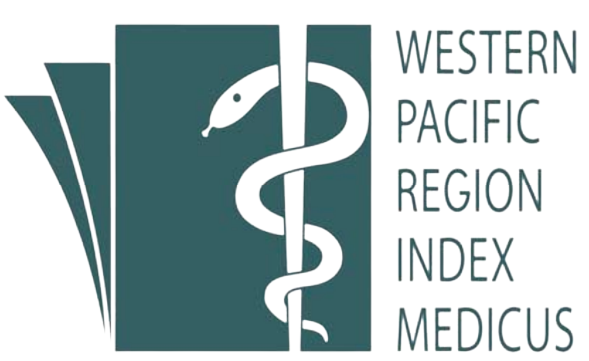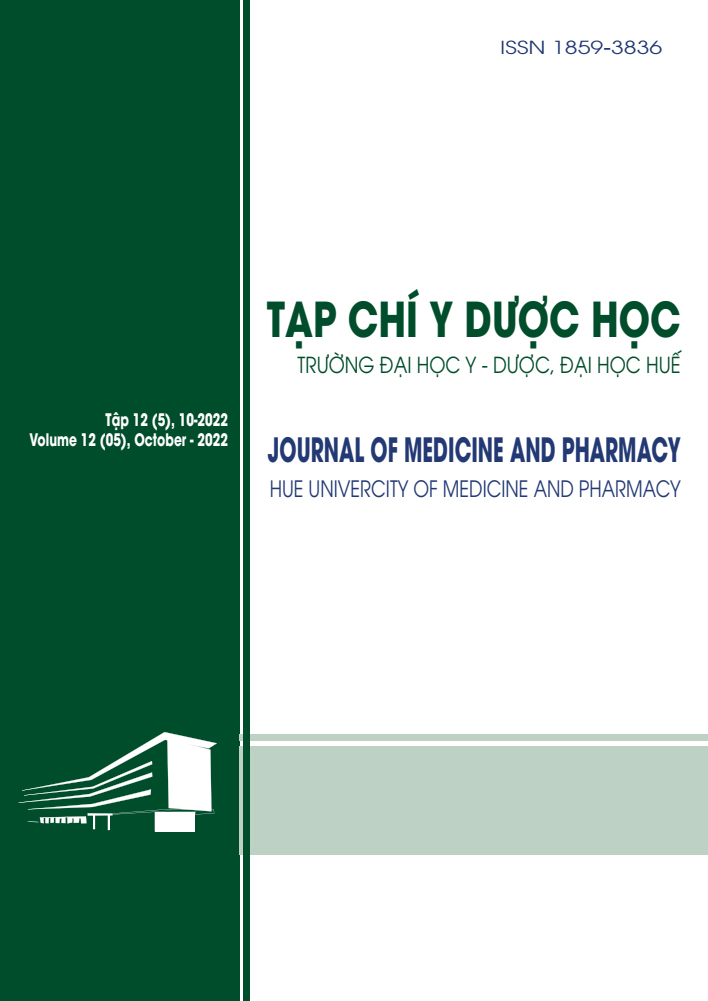Abstract
Background: Hypertriglyceridemia (HTG) is an increasingly recognized cause of acute pancreatitis (AP) in Vietnam. Despite its clinical relevance, there are currently no universally accepted guidelines for the use of insulin in the management of HTG-induced acute pancreatitis (HTG-AP). Furthermore, existing evidence on the efficacy and safety of insulin therapy in this setting remains limited. Objective: This study aimed to assess treatment outcomes and safety of insulin infusion therapy in mild and moderately severe HTG-AP.
Methods: Observational study of therapeutic effectiveness, 93 patients with mild and moderately severe HTG-AP treated at the Department of Gastroenterology, Cho Ray Hospital from August 2023 to June 2024 were enrolled.
Results: Mean value of TG levels decreased rapidly from 4348.4 mg/dL at admission to 1227.3 mg/dL after 48 hours and 747.5 mg/dL after 72 hours of insulin infusion therapy (p<0.05). The rates of achieving TG < 500 mg/dL after 48 hours and 72 hours were 34.4% and 52.7%, respectively. Pain relief rates were 28.0% after 48 hours and 63.4% after 72 hours. Mean time to achieve pain relief and fasting was 3.2 days; the average length of hospital stay was 6.2 days. All patients fully recovered and were discharged with no mortality or severe adverse events. Patients with TG > 2000 mg/dL had longer TG reduction time (3.4 vs 2.0 days) and hospitalization (7.1 vs 5.9 days; p<0.05). Mild hypokalemia was observed in most patients (95.7%).
Conclusion: Insulin infusion therapy appeared a safe and effective treatment in patients with mild and moderately-severe HTG-AP.
| Published | 2025-06-18 | |
| Fulltext |
|
|
| Language |
|
|
| Issue | Vol. 15 No. 2 (2025) | |
| Section | Original Articles | |
| DOI | 10.34071/jmp.2025.2.29 | |
| Keywords | acute pancreatitis, hypertriglyceridemia, insulin |

This work is licensed under a Creative Commons Attribution-NonCommercial-NoDerivatives 4.0 International License.
Copyright (c) 2025 Hue Journal of Medicine and Pharmacy
Yang AL, McNabb-Baltar J (2020), “Hypertriglyceridemia and acute pancreatitis” Pancreatology, 20(5), pp 795-800.
Leppäniemi A., Tolonen M., Tarasconi A., Segovia-Lohse H., et al (2019), “2019 WSES guidelines for the management of severe acute pancreatitis”, World journal of emergency surgery, 14 (1), pp. 1-20.
Goyal H., Smith B., Bayer C., Rutherford C., et al (2016), “Differences in severity and outcomes between hypertriglyceridemia and alcohol-induced pancreatitis”, North American journal of medical sciences , 8 (2), pp. 82.
He W., Zhu Y., Liu P., Zeng H., et al (2016), “Comparison of severity and clinical outcomes between hypertriglyceridemic pancreatitis and acute pancreatitis due to other causes”, Zhonghua yi xue za zhi , 96 (32), pp. 2569-2572.
Navarro S., Cubiella J., Feu F., Zambón D., et al (2004), “Hypertriglyceridemic acute pancreatitis. Is its clinical course different from lithiasic acute pancreatitis?”, Medicina clinica, 123 (15), pp. 567-570.
Chaudhary A., Iqbal U., Anwar H., Siddiqui HU, et al (2017), “Acute pancreatitis secondary to severe hypertriglyceridemia: management of severe hypertriglyceridemia in emergency setting”, Gastroenterology Research , 10 (3), pp. 190.
Banks P. A., Bollen T. L., Dervenis C., Gooszen H. G., et al (2013), “Classification of acute pancreatitis—2012: revision of the Atlanta classification and definitions by international consensus”, Gut, 62 (1), pp. 102-111.
Padmanabhan, A., Connelly-Smith, L., Aqui, N., Balogun, R. A., Klingel, R., Meyer, E., Schwartz, G. E. J. (2019). Guidelines on the use of therapeutic apheresis in clinical practice: An evidence-based approach from the Writing Committee of the American Society for Apheresis: The eighth special issue. Journal of Clinical Apheresis, 34(3), 171–354.
Dhindsa S., Sharma A., Al-Khazaali A., Sitaula S., et al (2020), “Intravenous insulin versus conservative management in hypertriglyceridemia-associated acute pancreatitis”, Journal of the Endocrine Society , 4 (1), pp. bvz019.
Coskun A., Erkan N., Yakan S., Yildirim M., et al (2015), “Treatment of hypertriglyceridemia-induced acute pancreatitis with insulin”, Gastroenterology Review/Przegląd Gastroenterologiczny , 10 (1), pp. 18-22.
Gubensek J., Andonova M., Jerman A., Persic V., et al (2022), “Comparable triglyceride reduction with plasma exchange and insulin in acute pancreatitis–a randomized trial”, Frontiers in Medicine , 9 pp. 870067
Araz F., Bakiner OS, Bagir GS, Soydas B., et al (2022), “ Continuous insulin therapy versus apheresis in patients with hypertriglyceridemia-associated pancreatitis “, European Journal of Gastroenterology & Hepatology , 34 (2), pp . 146-152.
Marić N., Mačković M., Bakula M., Mucić K., et al (2022), “Hypertriglyceridemia‐induced pancreatitis treated with continuous insulin infusion—Case series”, Clinical Endocrinology, 96 (2), pp. 139-143.
Garg, R., & Rustagi, T. (2018). Management of hypertriglyceridemia-induced acute pancreatitis. BioMed Research International, 2018, Article ID 4721357.
Farkas J. Hypertriglyceridemic Pancreatitis. Internet Book of Critical Care (IBCC), 2022.
Cho Ray Hospital. (2018). Acute pancreatitis. In Internal medicine treatment guidelines (pp. 123–124).
Berglund L., Brunzell J. D., Goldberg A. C., Goldberg I. J., et al. (2012). “Evaluation and treatment of hypertriglyceridemia: an Endocrine Society clinical practice guideline”, The Journal of Clinical Endocrinology and Metabolism, 97(9), pp. 2969–2989
Yang AL, McNabb-Baltar J (2020), ”Hypertriglyceridemia and acute pancreatitis”, Pancreatology, 20(5)pp. 795-800.
Śliwińska-Mossoń M, Bil-Lula I, Marek G. The Cause and Effect Relationship of Diabetes after Acute Pancreatitis. Biomedicines. 2023 Feb 22;11(3):667.
Cho, I.R., Han, KD., Lee, S.H. et al (2023). Association between glycemic status and the risk of acute pancreatitis: a nationwide population-based study. Diabetol Metab Syndr 15, 104.
World Health Organization (2000), “The Asia-Pacific perspective: redefining obesity and its treatment”, pp.
Ibarra Jr F., Loi K., Vu A. W. (2022), “Safety and efficacy of various intravenous insulin infusion rates in patients with and without diabetes presenting with hypertriglyceridemia”, Annals of pharmacotherapy, 56 (9), pp. 1016-1022
Kiss L., Fűr G., Pisipati S., Rajalingamgari P., et al (2023), “Mechanisms linking hypertriglyceridemia to acute pancreatitis”, Acta Physiologica, 237 (3), pp. e13916.
Vo Chi Tuyen, Nguyen Cong Tan (2024). “Effectiveness of insulin infusion therapy in treating acute pancreatitis with hypertriglyceridemia,” Vietnam Journal of Medicine, 541(2), pp. 28-32.
White BN, Carter BL, Bradford JL (2023), “Analysis of Intravenous Insulin Dosing Requirements for Treatment of Severe Hypertriglyceridemia”, Hospital Pharmacy , 58 (1), pp. 79-83.







